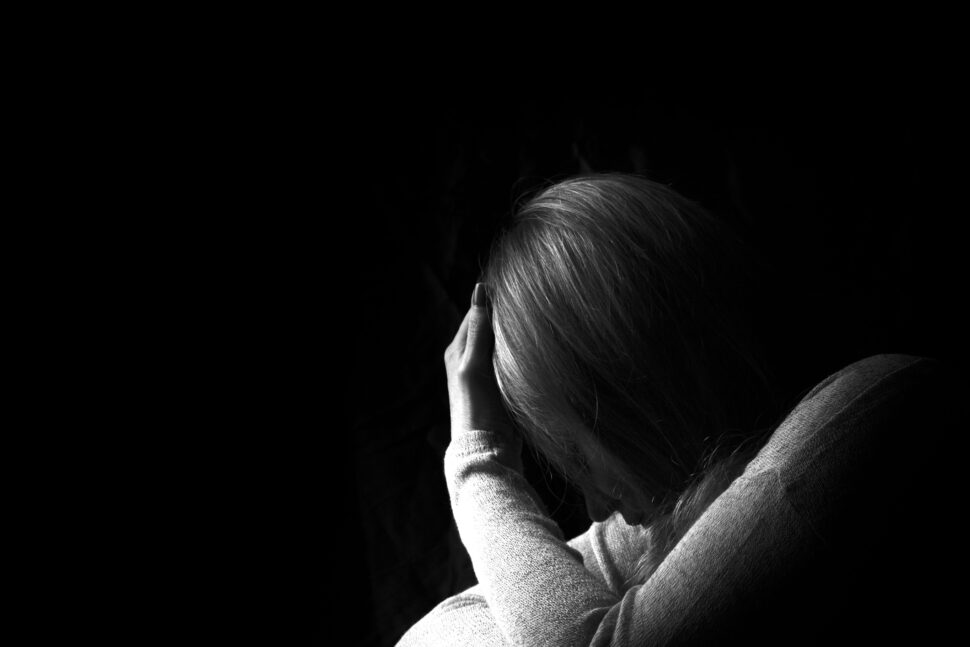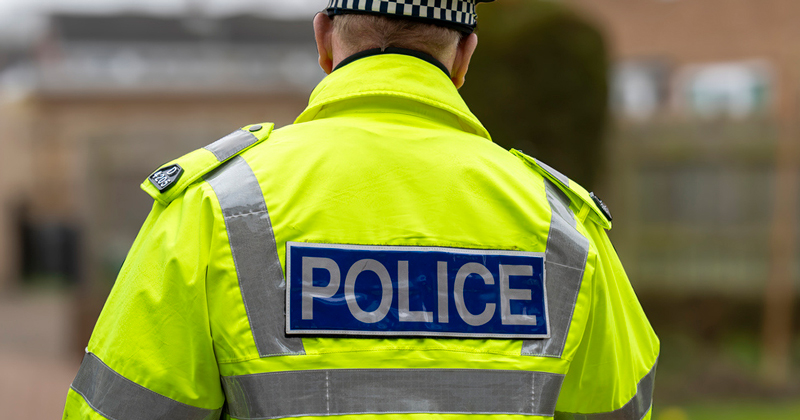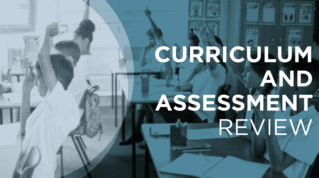The Metropolitan Police will no longer deliver presentations in schools on violence against women and girls as part as PSHE lessons, Schools Week can reveal.
The force has “agreed that these sensitive subjects may be better handled by specialists, as they can require specific expertise and pastoral support beyond the initial presentation”.
It comes after the force has already scrapped its Safer Schools Officer role, moving them into local policing teams in May. The force was also found to be institutionally racism, misogyny and homophobia following Baroness Casey’s review in 2023.
Human rights organisation Liberty had called for police to reduce their presence in schools, most principally in delivering lessons around sensitive topic areas.
A Liberty spokesperson said the organisation “welcomed” the news and urged other forces to follow suit.
Police in schools today
Schools are currently part of the Safer School Partnership (SSP) model, first developed in Hackney in 2002. As part of this, a local police officer is designated a point of contact at each school. The Safer Schools Officer role was dissolved by the Met in May.

The SSP model has “very little evidence” it is achieving its intended outcomes to reduce crime and fear of crime within school communities, according to a report by human rights organisation Liberty.
There is no national policy on schools policing, meaning activities by a local officer can vary widely across regions, and their individual approach to their role.
A toolkit for the SSP given to schools encourages variety in the role, as it “offers ideas for multiple forms of police-led education”.
‘Undermine their role in communities’
Liberty recommended that police stop teaching these lessons and leave it to trained educators. Its report Policing in the Playground found police presence in schools can “undermined their role in communities and young people’s lives as places of safety and trust”.
But funding pressures in schools have contributed to police delivering non-policing functions in schools, including specialist PSHE classes, “despite concerns about police-led educational provision”.

Despite officers across the country delivering lessons, only 1 in 6 say they have been trained to do so. Police officers have essentially “filled the gap” in schools to fulfil non policing functions, the report said due to a youth work funding crisis, Liberty said.
Interviews with six professionals providing non-statutory services to young people in Hackney found some young people “feel highly unsafe around police officers”, having “harmful physiological reactions when they are force to encounter them”.
Some participants said children had experienced their behaviour being reported to the police due to their presence in schools, when it was otherwise unnecessary.
‘Better handled by specialists’
The Metropolitan Police confirmed lessons relating to violence against women and girls would be “better handled by specialists”.
But officers will still deliver “more general crime prevention where appropriate”, with the force remaining “fully committed to safeguarding and supporting young people”.

School officers have been moved to local policing teams where they will work with youth-based establishments to safeguard young people, prevent victimisation and reduce crime and anti-social behaviour beyond schools.
Dr Victoria Tecca, author of the report, said Liberty’s research “showed that the best way to explain complex issues to students is for these sensitive lessons to be delivered by experts and community groups, rather than the police, who often use scaremongering tactics that can be unproductive.”
‘Fulfil the aims of the SSPs’
The report recommends that police forces and schools should take steps to fulfil the aims of the SSPs while “minimising contact between officers and young people, to reduce the unnecessary recording of children’s behaviour as crimes where a criminal justice response is inappropriate”.
Liberty also recommends that schools, police forces and councils work together to produce a framework for how schools and police “interact with clear, measurable goals”.
People who have had negative experiences with police should also be consulted.
The organisation also said police should “regularly collect and publish data related to schools policing to enable monitoring and evaluation of the impact of school-linked officers’ activities”.

Victoria Tecca, from Liberty, said: “Too many young people today are harmed by unnecessary interactions with the police.
“If we want to stop our classrooms and canteens being places where the harms of policing are repeated then we need to reduce police presence in them. We urge schools, police forces and councils across the country to work together and make this a reality”.
















Your thoughts